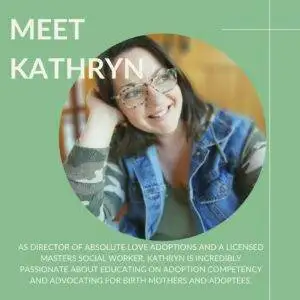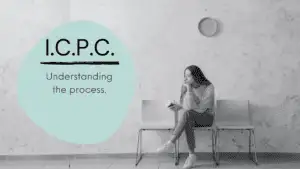Now that you have made it through the home study process and officially received the “stamp of approval”, what should you do now?
Unfortunately, there is no way to determine with any accuracy how long you’ll wait to find a match. So, after all the twiddling your thumbs you can handle, what do you do with all the “time to kill”?
An industry term that you’ll hear often is “wait well.” This term puts a focus on self-care while you wait to be matched, and it acknowledges that the waiting period after home study approval can be anxiety laden. The advice to “wait well” encourages hopeful parents to tend to this process of waiting in a meaningful way; Connecting as a couple, investing in hobbies that bring you joy, and preparing your heart and home for adoption. We’re on board with that and will tell you to do the same.
But, beyond self-care, there is an opportunity to maximize this waiting period by investing in yourself. As a hopeful adoptive parent, you simply must commit to an ongoing development of your understanding of the experiences your future adoptive family will encounter. Your family’s adoption identity is infinitely and intimately tied to grief, loss, rejection and shame, all of which will ebb and flow throughout the lifetime. Whether it be through joys or challenges, these topics will affect your own personal identity as well as your child’s, their place in their family and their relationship with peers, themselves and you!
If your home study agency is not requiring any formal education, that shouldn’t stop you from seeking it out for your own personal growth. Absolute Love requires 20 credit hours of education and by no means is that designed as a satiation point. Ideally, a parent learns and grows alongside their children and your waiting time is prime opportunity to get a jumpstart.
When you start looking, there are plentiful resources. Maybe even too many. To help you get started, we have pulled some of our favorite educational resources and have them available on the website and we are always adding to it.
If you are open to a transracial adoption, be diligent about expanding your knowledge on this topic. For a white person (who is often not aware of their racial identity), you simply must invest in learning about racial identity and the significance of being raised by a person of another race. You should also be aware of cultural identity and the importance of opportunity to engage with culture. These are two considerable areas of awareness for parents adopting a child of different race or ethnicity than themselves.
If adopting transracially, now is the time to locate multicultural resources in your community. Waiting until your child comes home is not the time to start looking into this. While you wait, scout potential barber shops or hair salons, investigate the racial composition of your church and schools, identify day cares and community resources that offer a child an opportunity to engage with racial mirrors. Pay attention to your contacts during a day—do you engage with people of color in meaningful ways? Reach out to community leaders of color to learn how to get more involved in the community.
Research adoption competent therapists in your area, build your child’s library by finding children’s books that show adopted children and families in a positive way, learn how to talk positively about birth parents. Are their support groups or play groups specific to adoptive families in your area? Do you have a tax prep person to help you file for the tax credit after you adopt? Do you want to apply for grants to adopt? Do your friends and family have a good understanding of adoption? How can you help them learn more?
After all the time and work put into the home study process, it’s ok to take a break and relax. But don’t neglect this opportunity to invest in your success as an adoptive family. Your child will reap all the benefits of your hard work.”





